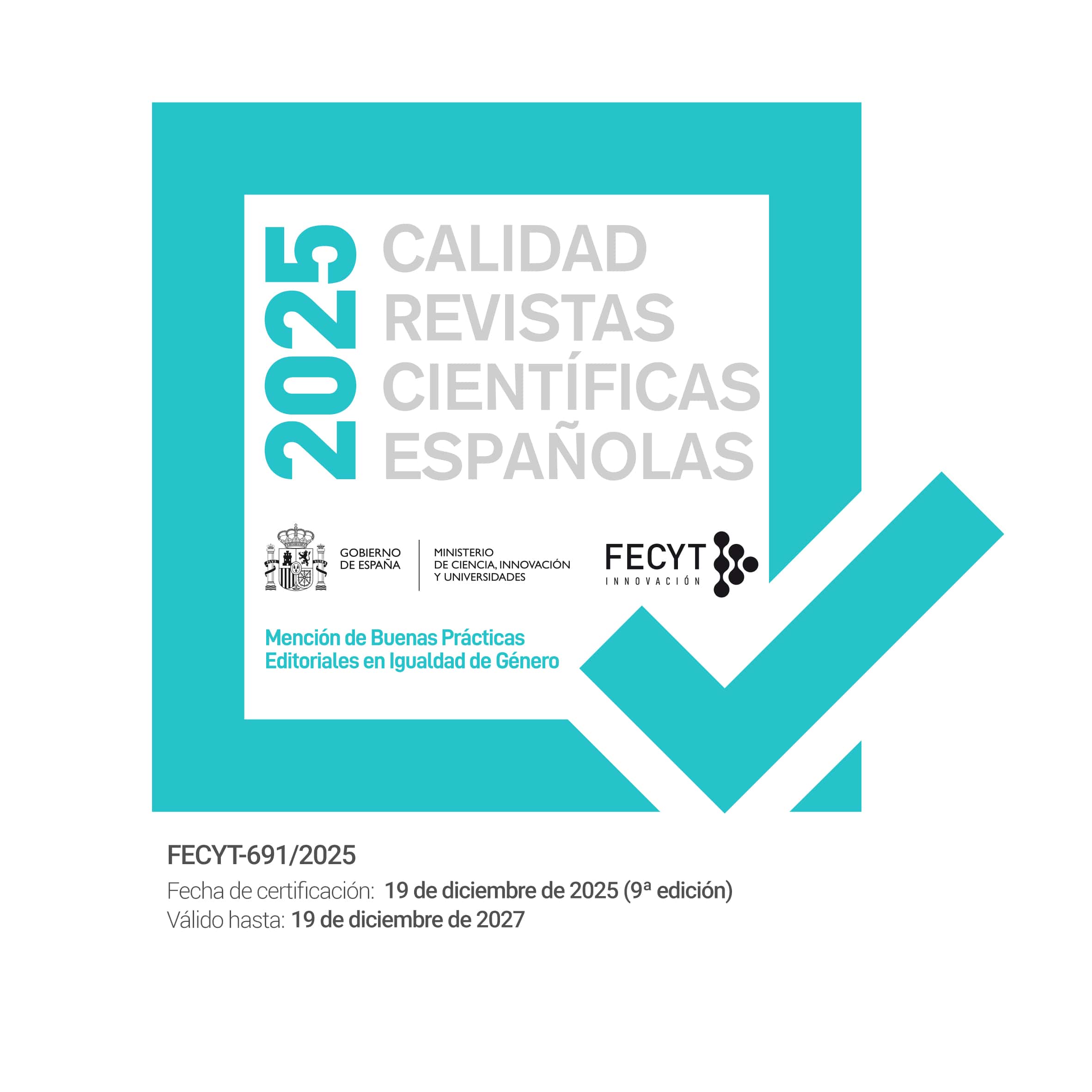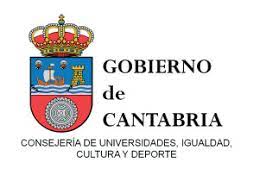How to become an intellectual. The self-construction of Emilia Pardo Bazán
DOI:
https://doi.org/10.55422/bbmp.541Keywords:
Emilia Pardo Bazán, «Disaster» of 1898, Intellectuals, Journalism, FeminismAbstract
The essay traces how, at different stages of her career, Emilia Pardo Bazán took advantage of the press (and, at certain points, of public lectures) to project a public image not just as a novelist but also as an intellectual. It argues that, while her exclusion from politics as a woman has prevented her from being recognized as an intellectual, paradoxically it helped her to become an intellectual in the modern meaning of the term as the independent thinker not affiliated to the State or to a political party. Particular stress is placed on the need to recognize her as one of the so-called «intellectuals of 1898».
Downloads
Publication Facts
Reviewer profiles N/A
Author statements
Indexed in
- Academic society
- Sociedad Menéndez Pelayo
- Publisher
- Sociedad Menéndez Pelayo
Global Statistics ℹ️
|
317
Views
|
214
Downloads
|
|
531
Total
|
|
References
BOTREL, Jean-François. (2003). «Emilia Pardo Bazán, mujer de letras». Estudios sobre la obra de Emilia Pardo Bazán. Ana María Freire López (coord.). La Coruña. Fundación Pedro Barrié de la Maza. 153-168.
BURDIEL, Isabel. (2019). Emilia Pardo Bazán. Madrid: Taurus.
COSTA, Joaquín. (1902). Oligarquía y caciquismo como la forma actual de gobierno en España. Urgencia y modo de cambiarla. Madrid. Imprenta de los Hijos de M.G. Hernández.
DUPONT, Denise. (2018). Whole Faith: The Catholic Ideal of Emilia Pardo Bazán. Washington, D.C. The Catholic University of America Press. DOI: https://doi.org/10.2307/j.ctv8j739
FREIRE LÓPEZ, Ana María. (1998). «La Revista de Galicia de Emilia Pardo Bazan». Del romanticismo al realismo. Luis F. Díaz Larios y Enrique Miralles (coords.). Barcelona: Universitat de Barcelona. 421-429.
FREIRE LÓPEZ, Ana María. (2003). «La obra periodística de Emilia Pardo Bazán». Estudios sobre la obra de Emilia Pardo Bazán. Ana María Freire López (coord.). La Coruña. Fundación Pedro Barrié de la Maza. 115-132.
GRUPO DE INVESTIGACIÓN LA TRIBUNA. (2009). «La riqueza de Emilia Pardo Bazán. Una aproximación a su estudio». La Tribuna. 7. 37-79. DOI: https://doi.org/10.32766/tribuna.7.143
MACPHERSON, C.B. (1990). The Political Theory of Possessive Individualism. 13a ed. Oxford. Oxford University Press.
MARTÍNEZ, Jesús. A. (2001). Historia de la edición en España, 1836-1936. Madrid: Marcial Pons.
PARDO BAZÁN, Emilia. (1891-1893). Nuevo Teatro Crítico. Madrid. La España Editorial. http://www.cervantesvirtual.com/portales/pardo_bazan/obra/nuevo-teatro-critico--11/
PARDO BAZÁN, Emilia. (1902). De siglo a siglo. http://www.cervantesvirtual.com/portales/pardo_bazan/obra/de siglo-a-siglo-1048286/
PARDO BAZÁN, Emilia. (2014). La vida contemporánea. Edición de Carlos Dorado. Madrid. Hemeroteca Municipal de Madrid.
SÁNCHEZ LLAMA, Íñigo. (2000). Galería de escritoras isabelinas: la prensa periódica entre 1833 y 1895. Madrid. Cátedra.
SÁNCHEZ LLAMA, Íñigo. (2001). Antología de la prensa periódica isabelina escrita por mujeres, 1843-1894. Cádiz. Universidad de Cádiz.
SERRANO, Carlos. (2000). «El “nacimiento de losintelectuales”: algunos replanteamientos». Ayer. 40. 11-23.
SURWILLO, Lisa. (2007). The Stages of Property: Copyrighting Theatre in Spain. Toronto. University of Toronto Press. DOI: https://doi.org/10.3138/9781442685000
Downloads
Published
How to Cite
Issue
Section
License
Copyright (c) 2022 Jo Labanyi

This work is licensed under a Creative Commons Attribution-NonCommercial 4.0 International License.








